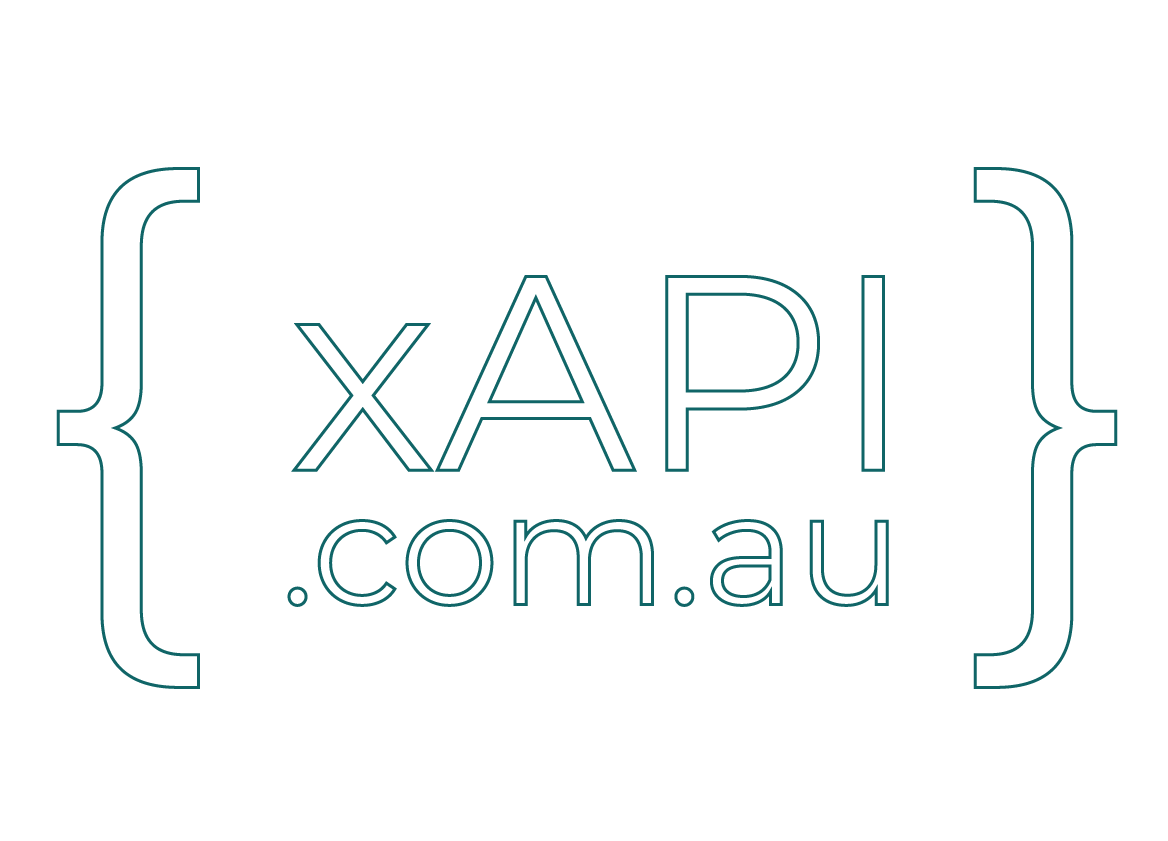
You’ve heard me talk about the power of decentralised learning and the Total Learning Architecture (TLA), but there’s another piece of this puzzle that’s just as crucial—assessment. When we think of assessment, we usually picture quizzes, tests, or assignments locked within the boundaries of an LMS. But what if assessment could be as fluid and interconnected as learning itself?
Why Decentralised Assessment Matters
Decentralised assessment allows learners to demonstrate competencies through multiple channels and tools, breaking free from the traditional LMS constraints. xAPI makes this possible by collecting rich, standardised data from diverse learning experiences—whether that’s a simulated scenario, a practical demonstration, peer-reviewed feedback, or a reflective video.
The Power of xAPI in Decentralised Assessment
At its core, xAPI captures detailed evidence of learner interactions and achievements across various platforms, not just quizzes or SCORM modules. Imagine capturing:
• Video demonstrations of practical skills
• Reflective audio recordings from learners
• Interactive simulations and virtual reality assessments
• Peer assessments conducted through collaborative tools
Each of these can generate xAPI statements, providing rich, nuanced data about learner performance.
Real World Example
Let’s take an example. Imagine a nursing student. Traditionally, their assessment might include multiple-choice quizzes in an LMS. In a decentralised model, assessments could include:
- Clinical skill simulations tracked via AR, sending xAPI statements capturing precise skill performance.
- Peer-reviewed video assessments, where learners demonstrate procedures, and peers provide structured feedback via an integrated platform generating xAPI data.
- Reflective journals captured via audio, assessed through sentiment and content analysis using AI-driven analytics on xAPI statements.
The Benefits
- Authenticity: Real-world performance, not just quiz results.
- Flexibility: Learners demonstrate skills through methods best suited to their capabilities.
- Richer Insights: Detailed data offers nuanced views into competency, progression, and skill gaps.
- Interoperability: Standardised xAPI data allows integration of multiple assessment types into a coherent competency profile
Practical Implementation Tips
- Start Small: Pick one skill or competency to assess decentralised.
- Choose the Right Tools: Ensure tools support xAPI statements out-of-the-box.
- Establish Clear Data Models: Define competencies and map xAPI statements to these outcomes clearly
- Use an LRS as the Core: Centralise xAPI data in an LRS, allowing analytics and reporting to remain unified, despite decentralised assessment sources.
Challenges and Considerations
- Ensuring assessment validity and reliability across diverse tools.
- Managing data consistency and interoperability.
- Training assessors and learners to navigate decentralised assessment platforms effectively.
Decentralised assessment with xAPI at its heart isn’t just about breaking away from the LMS—it’s about capturing richer, more authentic evidence of learning and competencies. This isn’t a futuristic vision; it’s achievable today, transforming how we understand and validate learning.
Let’s continue thinking outside the LMS. Are you ready to explore the possibilities?
Written in collaboration with ChatGPT

